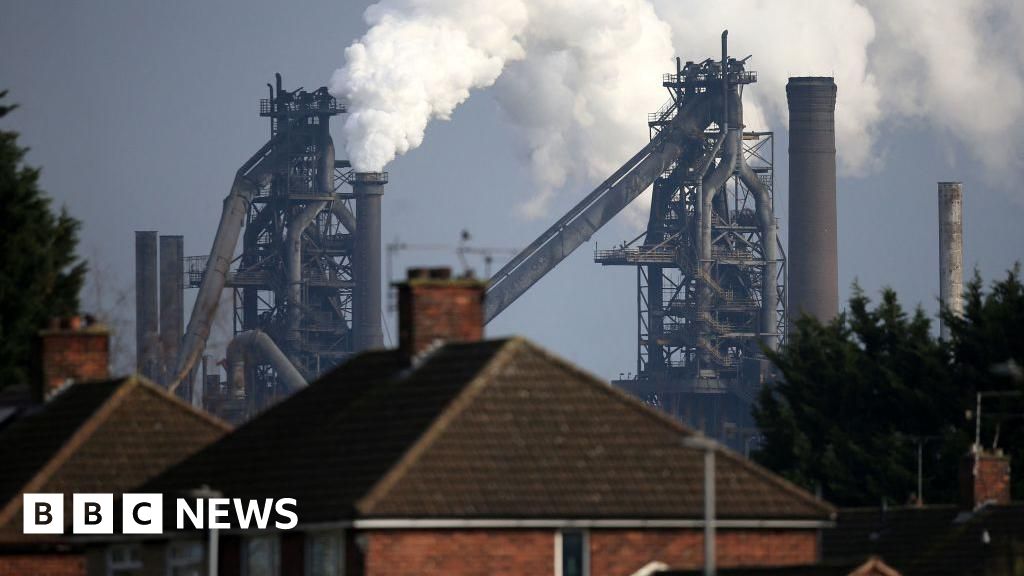
The Shadow of Closure: Britain’s Steel Industry at a Crossroads
The future of British steel hangs precariously in the balance. The UK’s last remaining producer of virgin steel, a vital component of countless industries and a symbol of national resilience, is teetering on the brink of collapse. This isn’t merely an economic crisis; it’s a potential catastrophe with far-reaching consequences for jobs, communities, and the nation’s industrial capacity.
The core problem is multifaceted, a complex web of interconnected challenges threatening to unravel the fabric of this critical sector. Global market forces, particularly intense competition from countries with lower production costs and less stringent environmental regulations, have relentlessly squeezed British steel producers. Fluctuations in energy prices, a critical input for steelmaking, have exacerbated these pressures, making it increasingly difficult to compete on a level playing field.
Furthermore, decades of underinvestment and a gradual decline in domestic demand have left the British steel industry vulnerable. While the government has implemented various support schemes, they haven’t been sufficient to counter the relentless onslaught of global competition and cyclical downturns. The result is an industry struggling to modernize, invest in new technologies, and secure its long-term viability.
The specific plant in Scunthorpe, a town deeply interwoven with the steel industry’s history, stands as a particularly poignant example of this broader crisis. For generations, this facility has been a cornerstone of the local economy, providing employment and supporting countless families. Its potential closure would be devastating, not just for the workers and their families, but also for the wider regional economy. The ripple effects would be felt across the supply chain, impacting businesses reliant on steel products and creating a significant economic void.
The current ownership structure is another layer of complexity. The exact details of ownership are subject to ongoing negotiations, but it’s clear that the government is preparing for significant intervention. The prospect of government control is a recognition of the strategic importance of steel production to national security and economic stability. Steel is a crucial material for infrastructure projects, construction, and the automotive industry, among others. The loss of domestic steelmaking capacity would leave the UK reliant on imports, potentially increasing vulnerability to global supply chain disruptions and geopolitical instability.
The government’s response has been swift, indicating an awareness of the urgency of the situation. Parliament has been recalled from recess for an emergency debate, highlighting the gravity of the crisis and the need for immediate action. Discussions are underway regarding potential rescue packages and interventions to prevent closure. These could involve direct financial assistance, restructuring of debts, or other measures aimed at ensuring the plant’s continued operation. However, the long-term sustainability of the steel industry requires a more holistic approach – one that addresses the underlying challenges of global competition, energy costs, and underinvestment. This requires a concerted effort involving government, industry, and labor to forge a sustainable future for British steel. The stakes are high; the future of a vital industry and its communities hinges on the decisions made in the coming weeks and months.



Leave a Reply